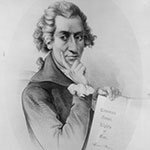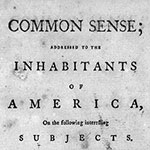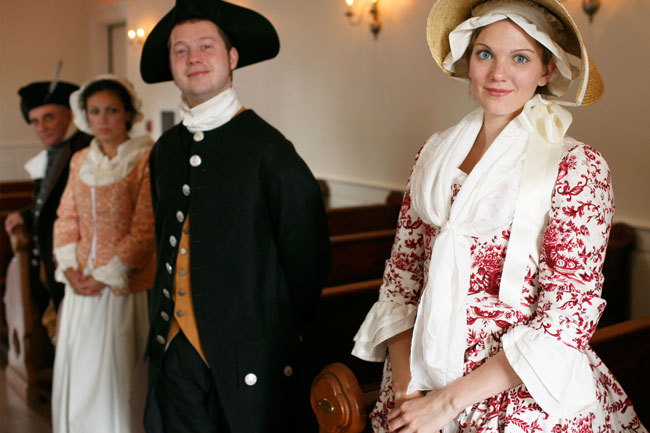His Revolutionary Spirit
Though there was discontent sewn amongst the colonists in government against the heavy handed power plays of their English masters, some saw Paine as dangerous to their long term goals. As a prolific pamphleteer, the blogger of his day, he penned many critical and incendiary words that some of the Founding Fathers found to be excessive and belligerent. The lawyer, and eventual co-signer of the Declaration of Independence, John Adams, would attack Paine’s character by calling him “democratic,” a word that was used as a pejorative against those that advocated for chaos and mob rule. Paine’s ideas were viewed as extreme, including his stance against slavery. Shortly before his death, he helped negotiate the sale of Louisiana in what became the Louisiana Purchase. Afterward, he proposed to Thomas Jefferson that upon acquiring the new parcel of land, that no new slaves would be added to any new colonial territories. Jefferson, eager to get his profitable sugar plantations started, refused to agree to those terms.
Thomas Paine and his revolutionary spirit was a little too much to handle for some. He was described as a rather prickly personality, especially in his writings, but was an otherwise moral, honest and fair man. The events of December 16, 1773, though, would bring him to the American colonies and help spark the coming War of Independence.






